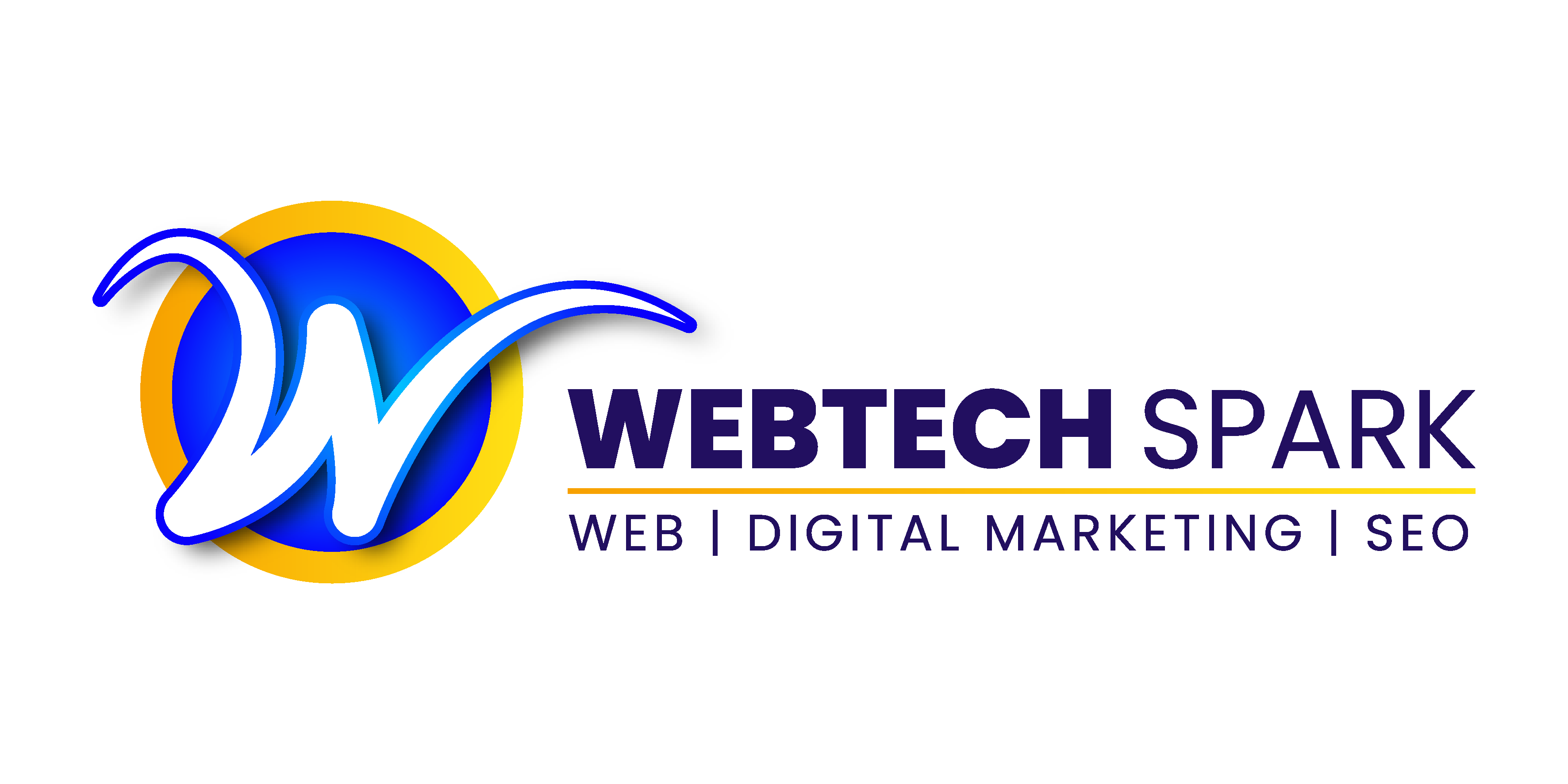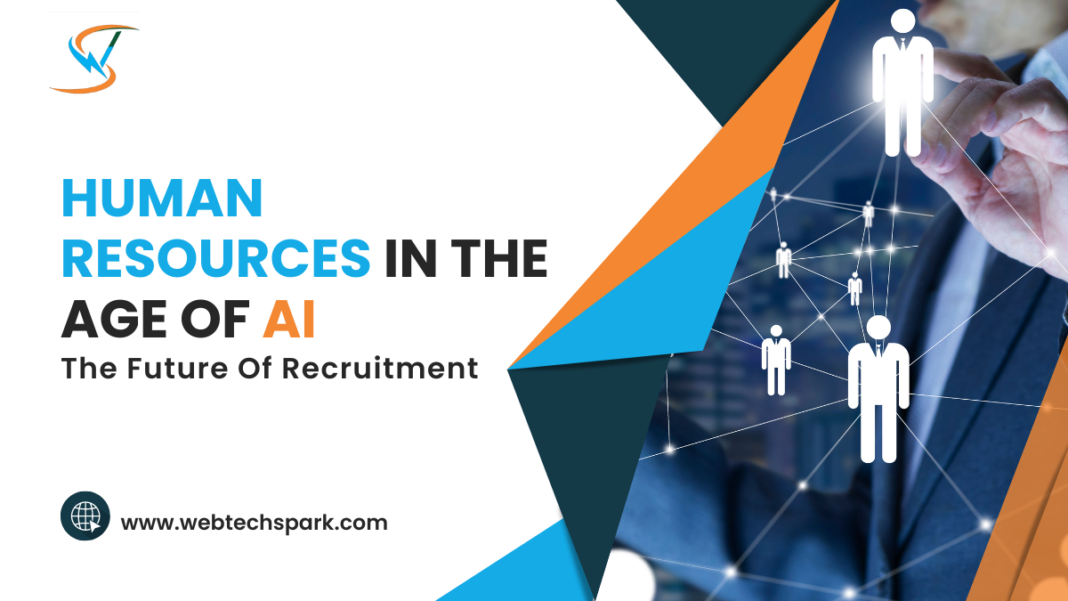The future of recruitment is evolving rapidly in the age of artificial intelligence (AI). Not only does this novel and exciting technology have the potential to revolutionize HR departments worldwide, but it is also transforming hiring processes and skills requirements for professionals within the industry.
As the capabilities of AI expand every day, it’s essential for HR teams everywhere to stay ahead of this new wave or risk being left behind as their competition adapts to these emerging trends. Armed with the right tools and insights, companies can cultivate potent recruitment strategies that keep them ahead in an increasingly competitive market.
Impact Of AI On Recruitment
Attracting top-quality talent has long been a difficult equation for companies of all sizes to figure out. By many accounts, we are currently in the midst of one of the most competitive job markets in recent history. With unemployment and layoffs at historic lows, job applicants have been free to pick and choose employment opportunities with more care and consideration.
This has left recruiters on the back foot when it comes to sourcing and engaging with quality candidates for their open positions. Fortunately, AI could offer a potential lifeline. Here’s how:
Improved Candidate Selection And Matching
AI tools like natural language processing (NLP) are being used to extract key skills and qualifications from resumes quickly. This allows recruiters to match potential candidates with job descriptions automatically, thus enabling them to conduct candidate screenings in less time.
On top of this, machine learning (ML) models trained on historical hiring data have proven to improve prediction accuracy in selecting qualified applicants over traditional methods such as manual resume reviews or interviews by human reviewers.
Read Also: 8 Business Management Tips Every Entrepreneur Should Know in 2023
Increased Efficiency And Cost Savings
Following on from the last point, AI-assisted recruitment tools help HR teams to automate some of the manual and tedious tasks associated with talent acquisition such as chasing references, scheduling interviews, sorting through resumes, or giving interview feedback.
By providing more accurate candidate selection criteria and unearthing hidden patterns/correlations in applicant data, AI has enabled HR teams to make faster decisions based on observable evidence rather than guesswork. These automated processes result in increased efficiency and accuracy while simultaneously reducing time spent by humans manually sifting through thousands of applications – saving costs along the way.
Potential Bias Reduction
AI algorithms have been touted for their potential to reduce bias in recruitment. By collecting and analyzing data from a large pool of applicants, AI can help organizations objectively assess if an applicant is right for the job without being influenced by personal biases such as gender or ethnicity. Without having access to any personal information such as name and address, AI systems can use data points to compare candidates’ skills more effectively than humans.
However, there are some challenges with using AI algorithms for this purpose. For example, they may draw on existing biases that exist within the databases from which they source data. Furthermore, research has shown that when given certain demographic information about applicants, algorithms could still make biased decisions even after accounting for criteria such as qualifications or experience levels.
As such, it’s important to continuously review these models and ensure they meet the company’s hiring policies. This highlights the fact that we still require HR experts to be part of the process to ensure fairness and accuracy at all points in the recruitment decision-making.

Preparing HR Teams For The Future Of Recruitment
Given all of the benefits of AI tools in recruitment, it’s likely that the in-demand skills and competencies of HR professionals in this space will begin to change. Rather than replace humans entirely, AI tools will be used to enhance the efficiency and accuracy of human workers by reducing the number of mundane tasks they are responsible for. Here are some tips on how companies can best implement AI processes into their recruitment practices.
Prepare for a cultural shift
Fostering a workplace environment where AI is viewed as an ally, not a threat, is critical. Encourage employees to understand AI’s transformative potential and how it can enhance their roles. This paradigm shift can lead to a more harmonious integration of AI into the workplace, benefiting the entire organization.
Maintain ethical practices
In the AI era, upholding ethical practices is paramount. Companies must safeguard recruitment data and respect the rights of all employees, irrespective of their gender, race, or other protected characteristics. This commitment to ethics is a cornerstone of any AI strategy, ensuring that technology strengthens rather than erodes principles of fairness and equality.
Upskill and reskill employees
As AI continues to reshape the recruitment landscape, it’s crucial for HR professionals to adapt and evolve their skill sets. This means upskilling and reskilling to understand and leverage AI tools effectively.
Companies should invest in training programs that equip their HR teams with the knowledge and skills to use AI in recruitment. This could include understanding how to interpret data from AI tools, use AI for candidate sourcing and screening, and maintain ethical standards when using AI.
Focus On Candidate Experience
While AI can streamline many aspects of the recruitment process, it’s essential not to lose sight of the human element – the candidate experience. AI should be used to enhance the candidate experience, not replace human interaction.
For instance, AI can be used to provide timely updates to candidates, answer frequently asked questions, and schedule interviews. However, human interaction should still be present in areas like interviews, feedback sessions, and final decision-making. This blend of AI and human touch can lead to a more positive and engaging candidate experience.
Final Words
Amidst this AI revolution, it’s crucial to remember the enduring importance of the human element. The personal interactions, the empathetic feedback, and the intuitive understanding of a candidate’s fit within a company culture – these are aspects that AI cannot replicate.
As we move forward, the challenge lies in striking the right balance. We must harness the power of AI to streamline and improve our processes, while also upskilling our HR teams to leverage these tools effectively. This is the path to a more efficient, more effective, and more human-centered recruitment process.



